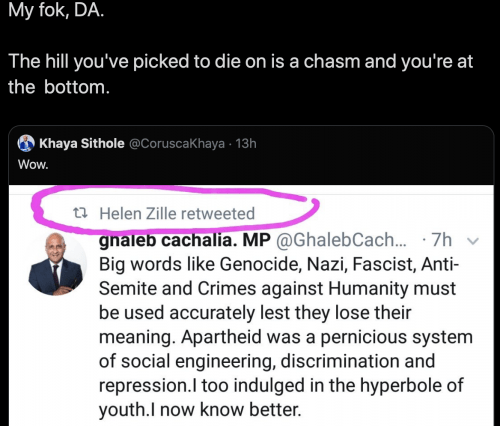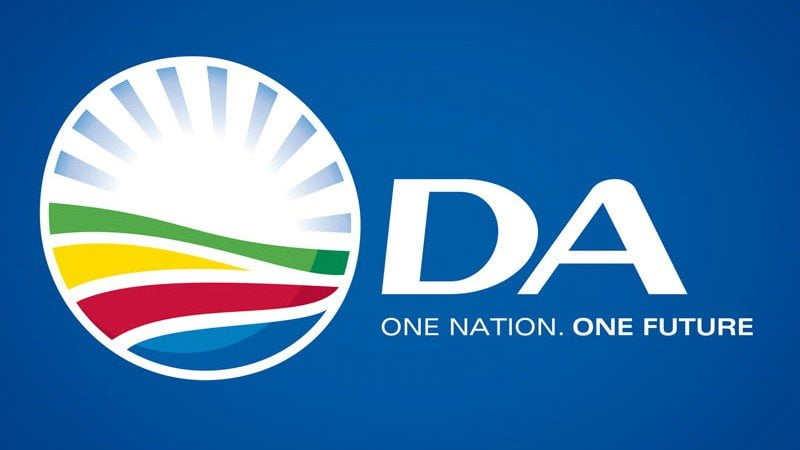Many, many years ago, I wrote something about how Barry Ronge was talking nonsense when he said that we can’t take Breyten Breytenbach calling South Africa a “kleptocracy” seriously when he (BB) doesn’t even live in South Africa.
Today, Helen Zille is talking the same nonsense, in response to a Justice Malala column (probably paywalled) that includes this paragraph:









